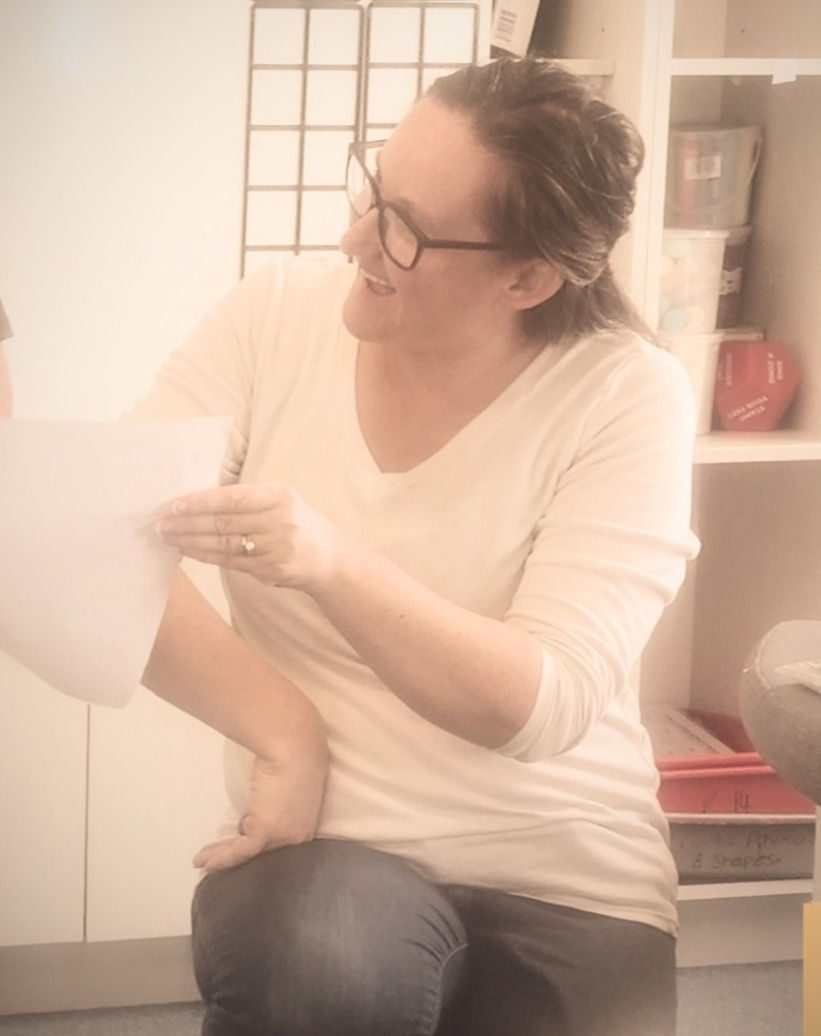Why is learning Critical Analysis important? (Idea prompts included)
- tovahstutoringcomp
- Nov 21, 2022
- 3 min read
Updated: Jul 23, 2023
What is critical analysis and how is it important when it comes to learning?
As a part of my online tutoring programmes, I teach critical analysis. This is vital part of writing an effective paragraph and a great tool to know when undergoing NCEA examinations.

What is critical analysis?
According to the University of Wollongong (2022), critical analysis is:
- Thinking deeply about a topic
- Relating new knowledge to what you know already
- Comparing and contrasting ideas, issues and perspectives
- Challenging, speculating and seeking further understanding
- Having an informed and grounded response to learning and research

What isn't critical analysis?
- a negative opinion that expresses just your emotions
- a simple statement
- a series of quotes or paraphrased sentences retrieved from research
You can have these aspects in a critical analysis, if you choose to, however critical analysis is so much more than this. You also need to contrast and/or compare ideas and connect your thoughts to evidence.

What are some examples of critical analysis prompts?
- underlying messages
- societal ideas
- era, time period influences and relevance
- economic influences
- if things were different or changed
- the purpose
- comparisons
- contrasts
- different perspectives
- what it'd be like without it
- how it relates to you / how it isn't relevant
- how it impacts you / how it impacts others
- symbolism vs realism, inference vs perception
- effects of language features, syntax and sentence structures

What are some sentence prompts that can help with critical analysis?
- I know this because ...
- I found this [emotional response] because ...
- It made me think of/about ...
- This reminded me of ...
- The writer wanted to achieve ...
- The writer was influenced by ...
- The overall theme in this piece was ...
- This had a negative undertone because ...
- Through a Māori perspective, it made me realise that ...
- At first, I believed that ___________ but now I've come to realise that ...
- The character's intentions was portrayed _____________
- A moment where an evident change occurred was when ...
- I found ________ was important to me because ...
- __________ resonated with me because ...
- I believe if the character's situation had changed by ___________ then ...

How do I teach critical analysis?
It is important to know how you feel about something and practice writing it down in a sentence. Once you have a statement you can then back it up with evidence. I find using "I know this because" is a great way to link ideas to evidence.
I give the student the chance to choose what they'd like to respond with for their critical analysis. Selection is important as it is their voice, and their voice matters to me. As a teacher it is important not to put words into the student's mouth, but rather inform them of experiences and evidence and allow them to come to their own personal opinions and conclusions.

What are the benefits of knowing how to create a critically analysis?
- you can have a deep conversation with others
- you can research and delve more into topics
- you can link ideas to former ideas and see how things grow over time / through influences and impacts
- your paragraph/essay/answer makes sense, and your ideas are clearer
- your paragraph/essay/answer is relevant to the topic you are discussing as you link and discuss it properly
- the world makes more sense as you notice links
- there's a type of desensitisation that occurs where you don't view the world through an emotion lens, but rather an informative and openminded lens. As you look for conclusions and links rather than just how you feel about something
- you gain perception and empathy while you look through other perspectives
- you can learn to debate and help explain things to others in a more intellectual way
- you can use this skill in all subjects, written examinations and in the wider world (beyond school and your education)

Critical Analysis is an important skill to have. I believe it allows people to have perception and understanding of the wider world. I think it is important to understand why things are the way they are, and also know what the derivation and/or influences are. In terms of NCEA and its criteria, you may find lots of standards require critical analysis or a perceptive knowledge of the topic studied is required to achieve excellence. It usually requires a link and evidence to back up your knowledge and learnings as well. So, learning how to write critical analysis paragraphs and knowing how to critically analyse things is a very important skill to have.
Time, Experience, Manakitanga.
Tovah O'Neill
Tovah's Tutoring Company Ltd
References:
University of Wollongong (2022) What is Critical Analysis. Retrieved from: Critical analysis - University of Wollongong - UOW










Comments